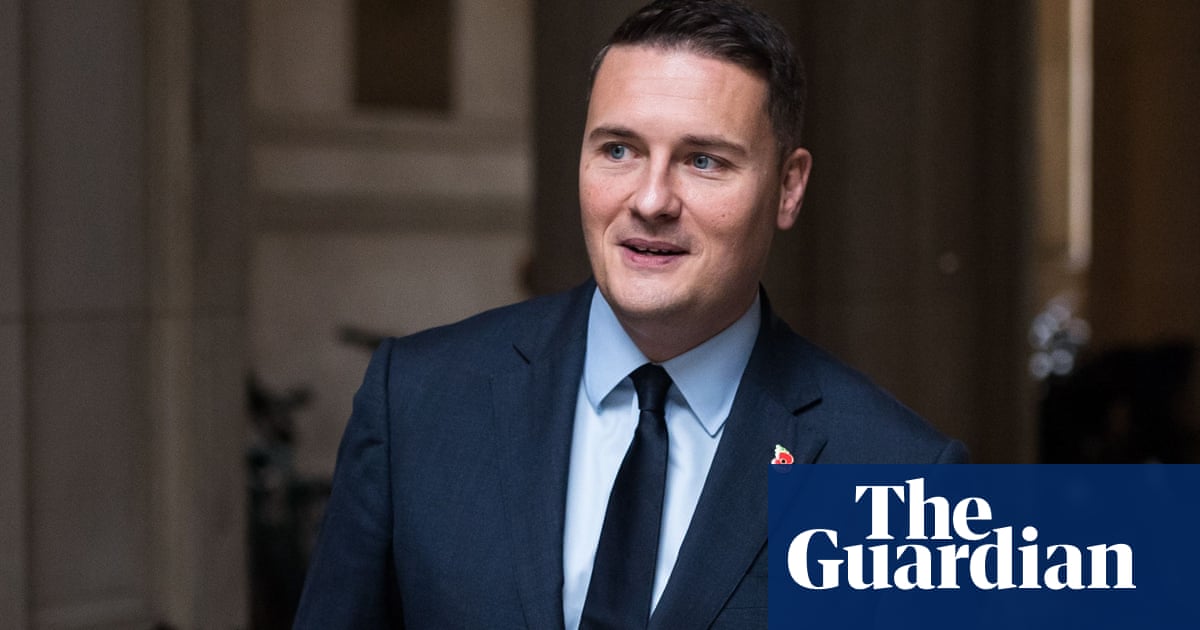The government is likely to offer a financial lifeline to the hospice sector amid fears end-of-life care providers are at risk of closure due to the double blow of the employers’ national insurance rise and higher wage bills, the Guardian understands.
Officials have been looking at the options for providing more funding to hospices and other end-of-life care through the NHS partly to offset the impact of the national insurance rise, which the sector believes could cost it £30m a year.
Hospices were already struggling with higher wage bills to match the 5.5% pay rise given to public medical workers, with the sector overall estimating an additional shortfall of about £60m.
Whitehall sources said nothing was a done deal but it is understood three main options had been considered: offsetting all or part of the national insurance rise for non-NHS providers of end-of-life care; funding for staff pay rises that match NHS terms and conditions every year; or a direct funding pot for hospices rather than end-of-life care more broadly.
Pressed last week on the plight of hospices, Rachel Reeves, the chancellor, suggested it was a “matter for the NHS to make the allocation of money to, for example, hospices as well as GP surgeries”. Integrated care boards within the NHS have been given a duty to commission palliative and end-of-life care since 2022, but the sector says the extent to which this happens is patchy – and two-thirds of funding still comes from the voluntary sector.
MPs say West Streeting, the health secretary, has privately told them he will deal with the funding crisis facing the end-of-life care sector. A message was passed around a Labour MPs’ WhatsApp group last week suggesting he was working on a solution.
The debate on assisted dying, which is due to take place in parliament in late November, is likely to provide an opportunity to reassess funding for hospices more fundamentally. The legislation will look at whether to allow assisted dying for terminally ill patients in the last six months of their lives.
Many cabinet ministers supported the idea in the past but Streeting is believed to have changed his mind and is not likely to vote for the legislation as he is worried the palliative care system is not “where it needs to be to give people a real choice”.
The Labour MP Rachael Maskell, an opponent of assisted dying, said improvements to the end-of-life care sector were needed so that people would have better access to medicine and options for good care when facing terminal diagnoses.
“The hospice sector is massively underresourced … but there is so much that palliative medicine can provide. In the assisted dying debate, we are hearing a lot of tragic stories about suboptimal deaths and yet had high-quality provision been made it could have been so much better.”
The end-of-life and hospice sector is remaining neutral on the debate around assisted dying. However, it has repeatedly warned that more funding would be needed to avoid cuts to end-of-life services after the budget.
The Marie Curie charity has written to Streeting saying the recently announced increase to employer national insurance contributions would cost the charity an additional £3m a year, warning that without further support the only option would be to reduce services.
Ruth Driscoll, the charity’s associate director of policy, said: “It’s really crucial that there is immediate funding to address [the national insurance] issue but these costs are going to be recurring so one-off funding is not going to be enough. The challenges facing palliative care are really significant. The new NHS long-term plan and the comprehensive spending review in the spring should set out a really clear approach for transforming these services in the future.”
after newsletter promotion
Toby Porter, the chief executive of Hospice UK, which represents more than 200 hospices, said: “Far too many hospices are already cutting services, due to several years of NHS funding failing to keep up with rapidly rising costs of delivering care.
“The increases in employer national insurance from April will cost the average hospice several hundred thousands of pounds, and has made the situation much more serious and much more urgent. Hospice charities will be setting their budgets for the next financial year in the next month or two.
“We have been encouraged by public statements made by ministers in recent days and weeks on the need to reform how palliative and end-of-life care is funded. We are awaiting further discussion and clarity and stand ready to support the government’s mission to move more care from hospitals to communities, by expanding not cutting essential hospice services.”
A government spokesperson said: “We want everyone to have access to high-quality end-of-life care and are aware of the financial pressures facing the hospice sector, and of the huge generosity of the British public, whose donations provide a significant proportion of hospice funding.
“We are determined to shift more healthcare into the community and ensure patients and their families receive high-quality, personalised care in the most appropriate setting, and hospices will have a big role to play in that shift.”
.png)
 2 days ago
1
2 days ago
1









 English (US) ·
English (US) ·